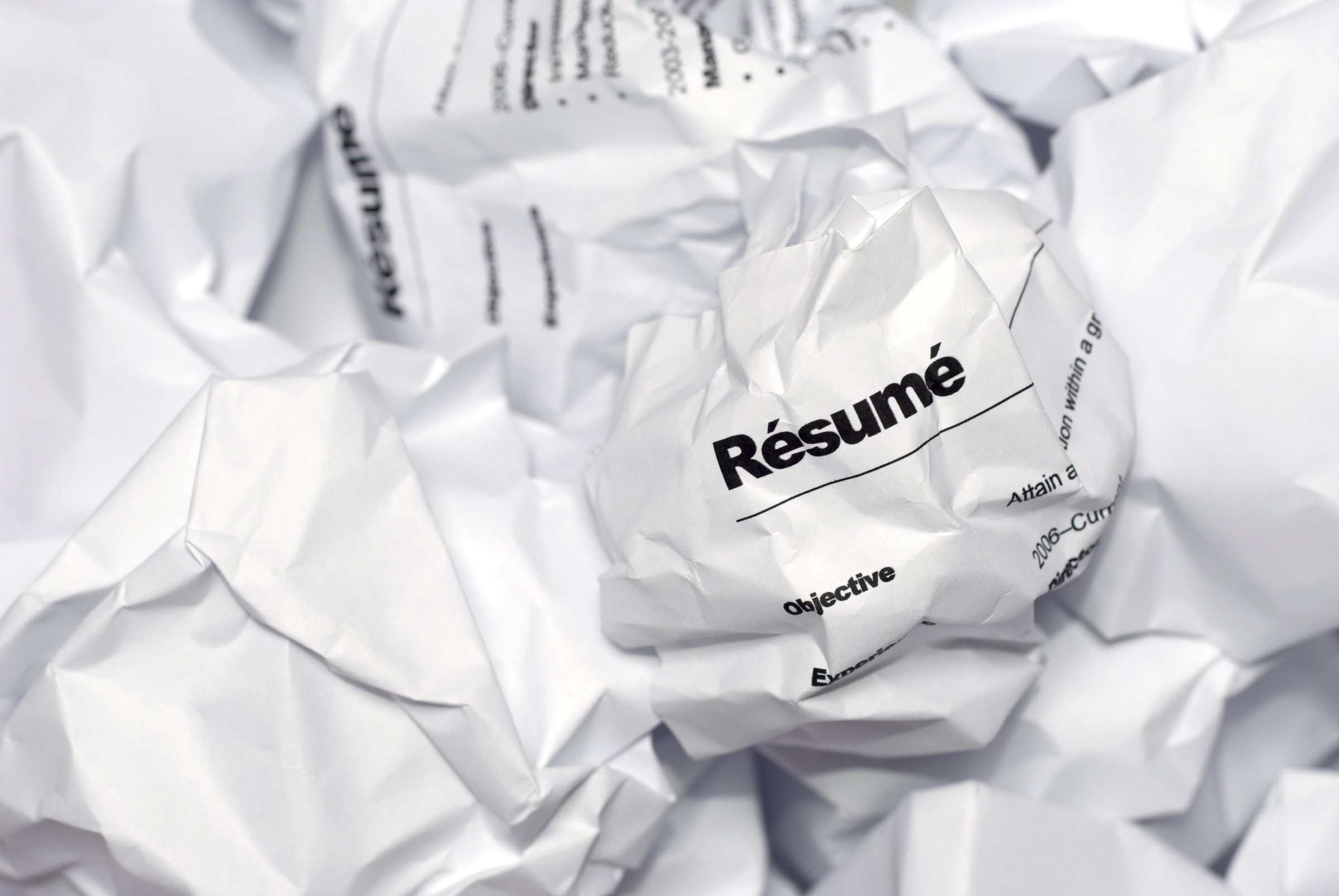

This post is in partnership with Fortune, which offers the latest business and finance news. Read the article below originally published at Fortune.com.
By Anne Fisher
Dear Annie: What exactly is an applicant tracking system? I’ve applied for several job openings where my qualifications match the job descriptions for each position precisely, yet I’ve gotten called in for an interview only once (so far). A colleague at my current job told me he read somewhere that computerized applicant tracking systems reject most resumes before a human being even gets involved in the process. Is that true? If it is, how do you get past that and reach an actual person? — Left Hanging in Houston
Dear L.H.H.: An applicant tracking system (ATS), as the name implies, is how many big companies keep track of the hundreds or thousands of resumes that are constantly coming in. Designed to follow each candidate through each stage of the hiring process, from application to start date, the systems usually begin with computer software that “reads” each resume and weeds out the ones that don’t match up with specific job openings.
Unfortunately, that’s usually a lot less efficient than it sounds. That 75% rejection rate your friend cited probably came from a study by a job search services firm called Preptel (which was founded by its CEO Jon Ciampi, an alumnus of ATS maker SumTotal Systems).
The huge number of rejections is due to some, shall we say, quirks in the software that screens resumes before they arrive on a hiring manager’s desk. You could be the perfect prospect for a given job, using all the right keywords, and still be kicked aside by the system because it couldn’t quite make out parts of your resume — like work experience, for instance.
For the rest of the story, please visit Fortune.com.
More Must-Reads from TIME
- Donald Trump Is TIME's 2024 Person of the Year
- Why We Chose Trump as Person of the Year
- Is Intermittent Fasting Good or Bad for You?
- The 100 Must-Read Books of 2024
- The 20 Best Christmas TV Episodes
- Column: If Optimism Feels Ridiculous Now, Try Hope
- The Future of Climate Action Is Trade Policy
- Merle Bombardieri Is Helping People Make the Baby Decision
Contact us at letters@time.com